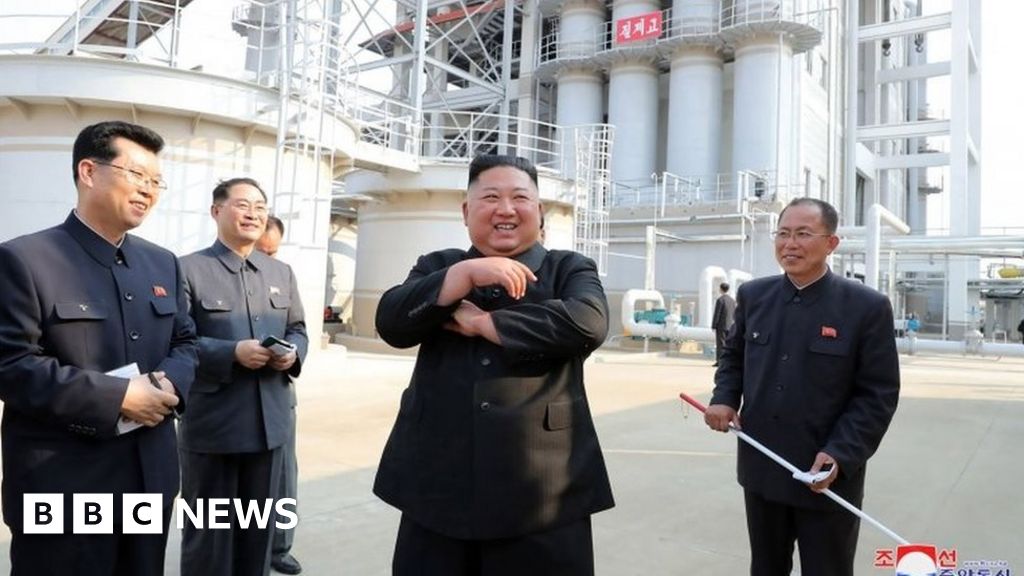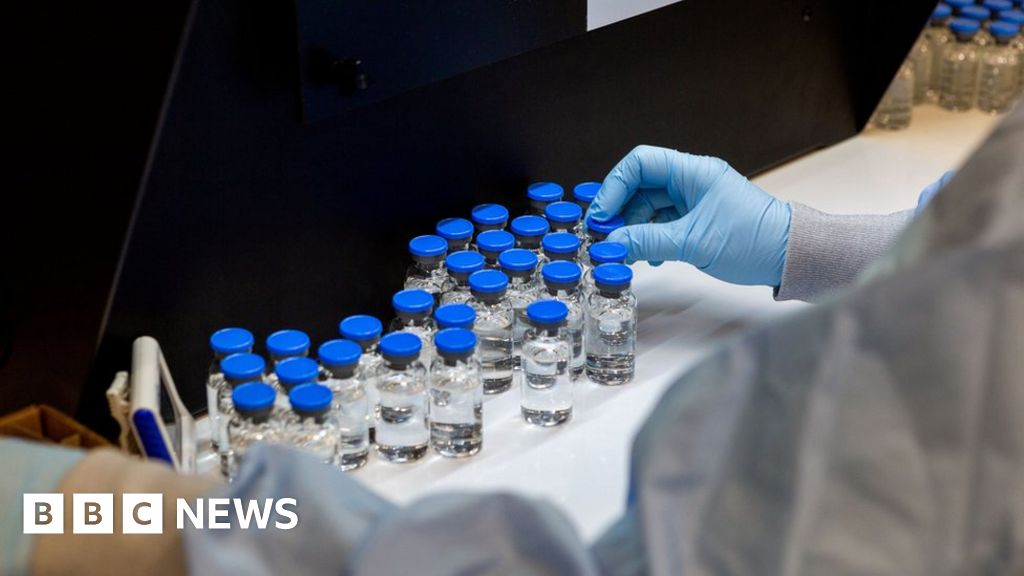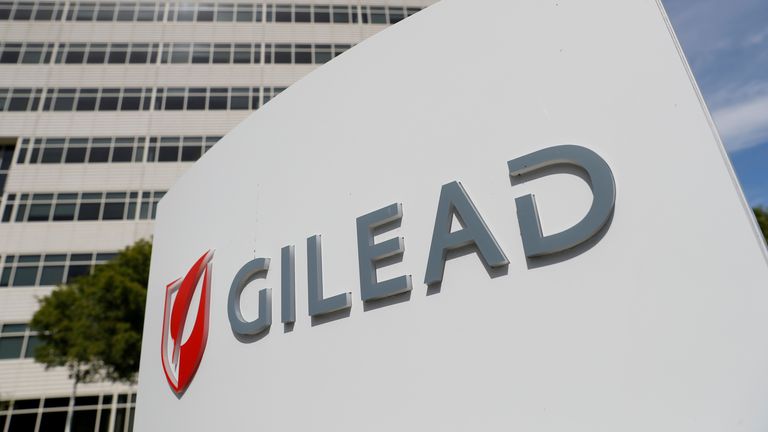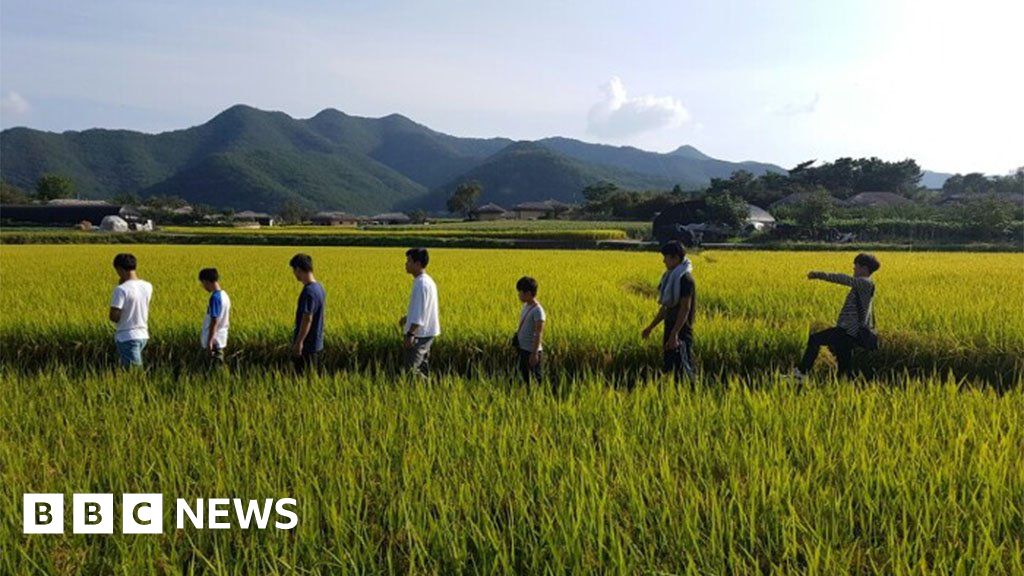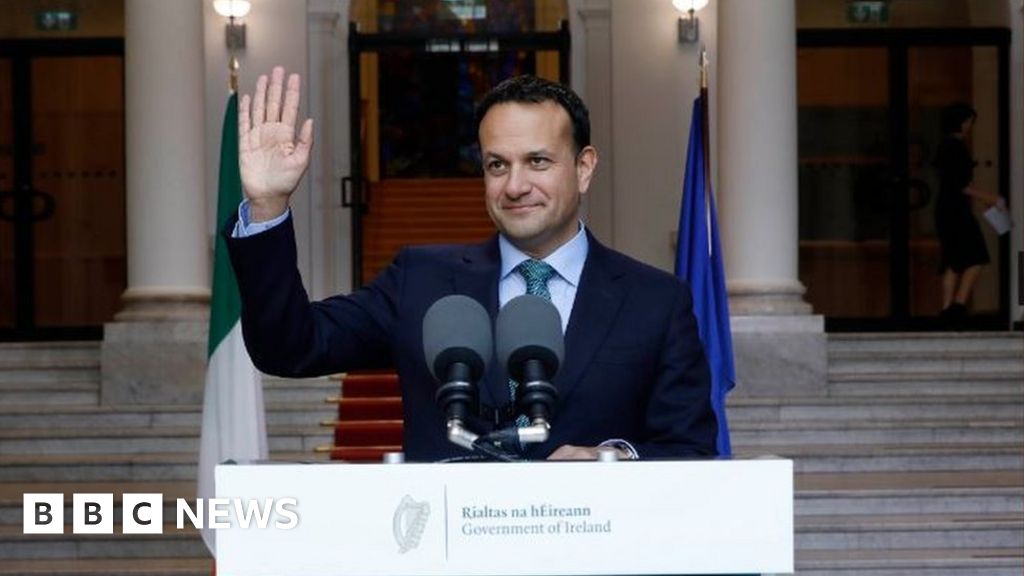
The Irish government has signalled an easing of lockdown restrictions from Tuesday.
People who are over 70 and currently cocooning can leave their homes as long as they avoid contact with others.
The 2km exercise limit currently in place for the Irish population will be extended to 5km.
Irish prime minister Leo Varadkar also announced a five-stage road map from 18 May, which would "reopen the country in a slow, phased way".
In a live televised address to the nation on Friday evening, the taoiseach said: "So on the 18th of May, Ireland begins to reopen and begins that journey to a new normal."
The majority of the lockdown measures will remain in place until 18 May, although two will ease in the coming days.
The road map after that is set out in five phases and will work on two-to-four week cycles monitored throughout, with each stage dependent on the success of the previous one.
Phase One (18 May)
- Outdoor meetings between people from different households will be allowed and childcare for healthcare workers will be opened
- Phased return of outdoor workers such as gardeners and repair workers, as well as the opening of retailers which are primarily outdoor
- Certain outdoor public amenities will also be opened
Phase Two (8 June)
- Household visits will be allowed and plans will be in place to open up business with consideration for safety of staff and customers
- Small retail outlets will open with social distancing observed
- Open public libraries.
Phase Three (29 June)
- Small social gatherings will be permitted and playgrounds will open, while creches, childminders and pre-schools will be available for children of essential workers in a phased manner
- Those with low levels of interaction can return to work
- Non-essential retail outlets with street level entrance and exit can open.
Phase Four (20 July)
- Creches, childminders and pre-schools will be opened for children of all other workers on a gradually-increasing basis.
- Those who cannot work from home will return to work
- There will be a gradual easing of restrictions for higher-risk services like hairdressers
- Opening of museums, galleries and places of worship.
Phase Five (10 August)
- Larger social gatherings will be allowed and workers across all sectors can return to the workplace
- On a phased basis, commencing at the beginning of the academic year 2020/2021, primary and secondary schools and third level institutions will reopen
- At this point there will be further easing of restrictions on high-risk retail services.
Mr Varadkar stressed the need for caution as "the risk of a second phase of the virus is ever present".
"If we relax the restrictions too soon, we could see our ICU overcrowded," he said.
"Everything we achieved would be lost, so we must go on a short time more."
The plans were agreed by cabinet after medical experts on the National Public Health Emergency Team (Nphet) provided advice to the government earlier on Friday.
The current lockdown period had been due to expire on Monday.
Mr Varadkar said the cabinet would meet on Saturday to agree further actions to help businesses restart.
Mr Varadkar said the last few weeks had transformed people's lives "in so many different ways and ways that we could not have imagined".
"I know it has been difficult - sometimes dispiriting," he said.
"The frustration of having our lives restricted. The uncertainty about when things will get back to normal. The fear of the virus itself."
He also spoke of the pain of the families unable to properly grieve for those who had lost their lives in recent weeks.
"When we come through this, we will come together as a nation and grieve together for everyone who has died over the course of this emergency," he said.
He said people had met the crisis with "remarkable courage and sense of solidarity".
Mr Varadkar urged the public to "stay the course" and "continue the fight".
On Friday, the Republic of Ireland recorded 34 more coronavirus-related deaths, taking its total to 1,265.
There were also 221 more cases diagnosed in the Republic, bringing the number of confirmed cases to 20,833.
https://news.google.com/__i/rss/rd/articles/CBMiMGh0dHBzOi8vd3d3LmJiYy5jby51ay9uZXdzL3dvcmxkLWV1cm9wZS01MjUwOTM5MNIBNGh0dHBzOi8vd3d3LmJiYy5jby51ay9uZXdzL2FtcC93b3JsZC1ldXJvcGUtNTI1MDkzOTA?oc=5
2020-05-02 05:12:41Z
52780752336780
